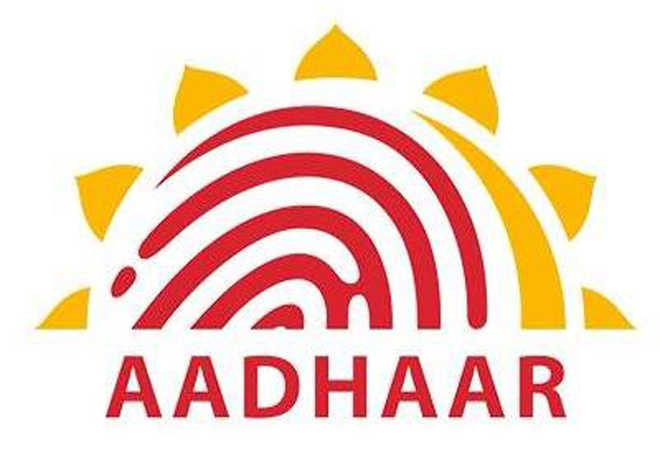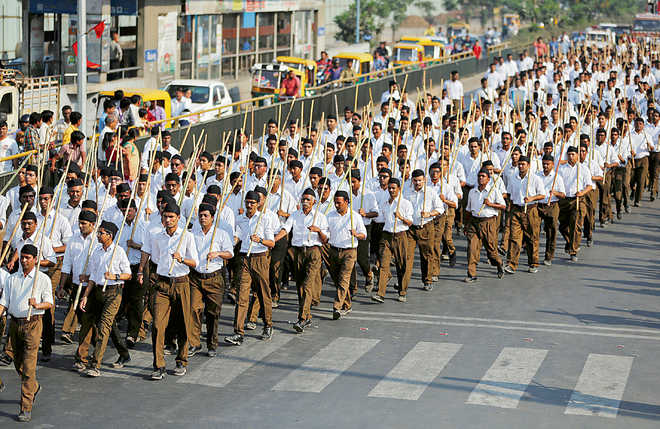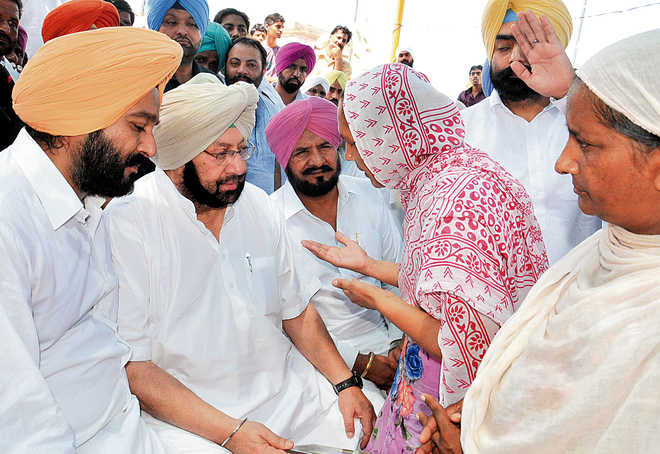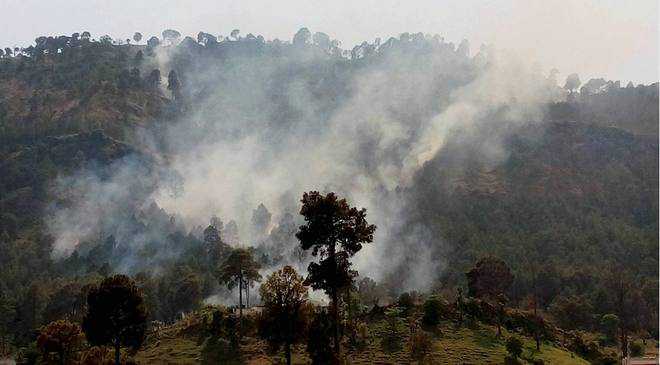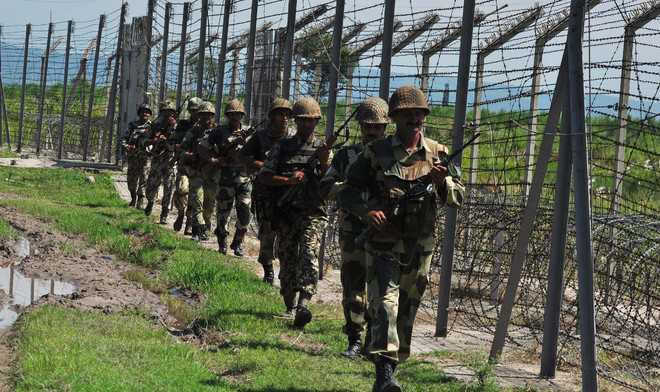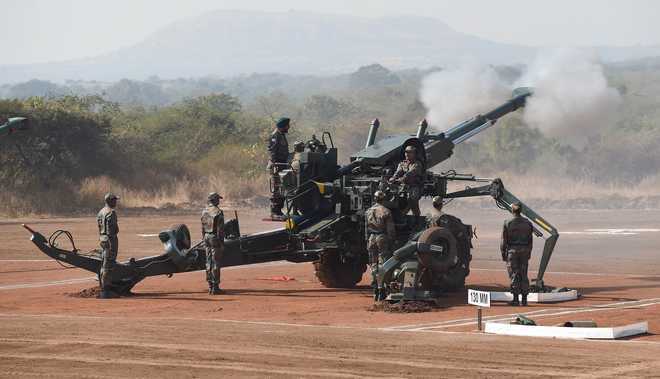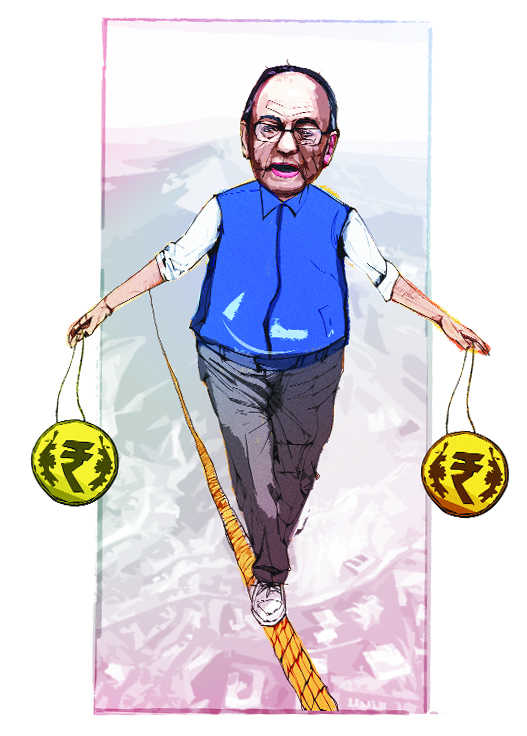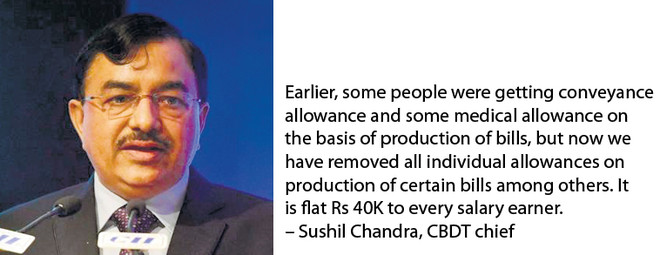Pakistan’s vulnerability to USled sanctions is apparent from its struggle to stave off a default
Debt-ridden Pakistan is very vulnerable to Western sanctions, yet it is unclear whether US President Donald Trump’s administration is willing to squeeze it financially in a way that could help reform its behaviour. Washington also seems reluctant to strip Pakistan of its status as a Major Non-NATO Ally (MNNA) or target its military for creating transnational terrorists.
The main driver of Pakistan’s nexus with terrorists is its powerful military, whose generals hold decisive power and dictate terms to a largely helpless government. With the military’s rogue Inter-Services Intelligence (ISI) rearing terrorists, Pakistan has long played a double game, pretending to be America’s ally while aiding its most deadly foes that have killed or maimed thousands of US soldiers in Afghanistan. Pakistani forces only target terrorists that fall out of line or threaten Pakistan itself.
The recent media attention on the multilateral Financial Action Task Force’s planned action against Pakistan obscured that country’s success in preserving its status for another two years under the European Union’s preferential trading (GSP+) programme. Pakistan is the number one beneficiary of the GSP+ programme, which grants Pakistani exporters, especially of textiles, tariff-free access to the EU market in exchange for the country improving its human rights and governance. In effect, GSP+ rewards a sponsor of terror whose human-rights record has only worsened.
Trump’s suspension of most military aid to Pakistan is unlikely by itself to force a change in the behaviour of a country that counts China and Saudi Arabia as its benefactors. Only escalating American pressure through graduated sanctions can make Pakistan alter its cost-benefit calculation in propping up militant groups that have helped turn Afghanistan into a virtually failed state, where the US is stuck in the longest and most expensive war in its history. The US failure to take the war into Pakistan’s territory has resulted in even Kabul coming under siege.
Yet, swayed by geopolitical considerations, the US has long been reluctant to hold the Pakistani generals accountable for the American blood on their hands. Indeed, Washington for years funded the Pakistani military and turned Pakistan into one of its largest aid recipients.
Even when the US, after a 10-year hunt, found Osama bin Laden holed up in a compound next to Pakistan’s main military academy, it did not abandon its carrots-only strategy. Such an approach has only helped the military tighten its grip on Pakistan, thwarting any movement toward a genuine democratic transition.
Worse still, the US has dissuaded India from imposing any sanctions on Pakistan. If anything, India has been pressured to stay engaged with Pakistan, which explains the secret meetings the national security adviser has had with his Pakistani counterpart in Bangkok and elsewhere. The recent launch, with US backing, of the Turkmenistan-Afghanistan-Pakistan-India (TAPI) gas pipeline project illustrates why it is difficult for India to impose even diplomatic sanctions on Pakistan.
To be sure, the Trump administration is searching for a new strategy on Pakistan. Yet it is an open question whether it will go beyond the security aid suspension, which excludes economic assistance and military training. Aid suspension in the past has failed to change Pakistan’s behaviour.
With Washington loath to label Pakistan a state sponsor of terrorism, it must at least strip that country of its MNNA status, an action that will end its preferential access to US weapons and technologies and deny it the financial and diplomatic benefits associated with that designation.
To force Pakistani generals to cut their nexus with terrorists, American sanctions should target some of them, including debarring them and their family members from the US and freezing their assets. Among the half a million Pakistanis living in the US are the sons and daughters of many senior Pakistani military officers.
Pakistan’s vulnerability to potential US-led sanctions is apparent from its ongoing struggle to stave off a default. Despite China’s strategic penetration of Pakistan, the United States is still the biggest importer of Pakistani goods and services.
US financial and trade sanctions extending to multilateral lending, as well as suspension of military spare parts, can force Pakistan to clean up its act.
To end Pakistan’s double game on terrorism, Washington will have to halt its own double game of rewarding or subsidising a country that, in Trump’s own words, has given the United States “nothing but lies and deceit”. To address a self-made problem, it is high time for US policymakers to put their money where their mouths are.






















































